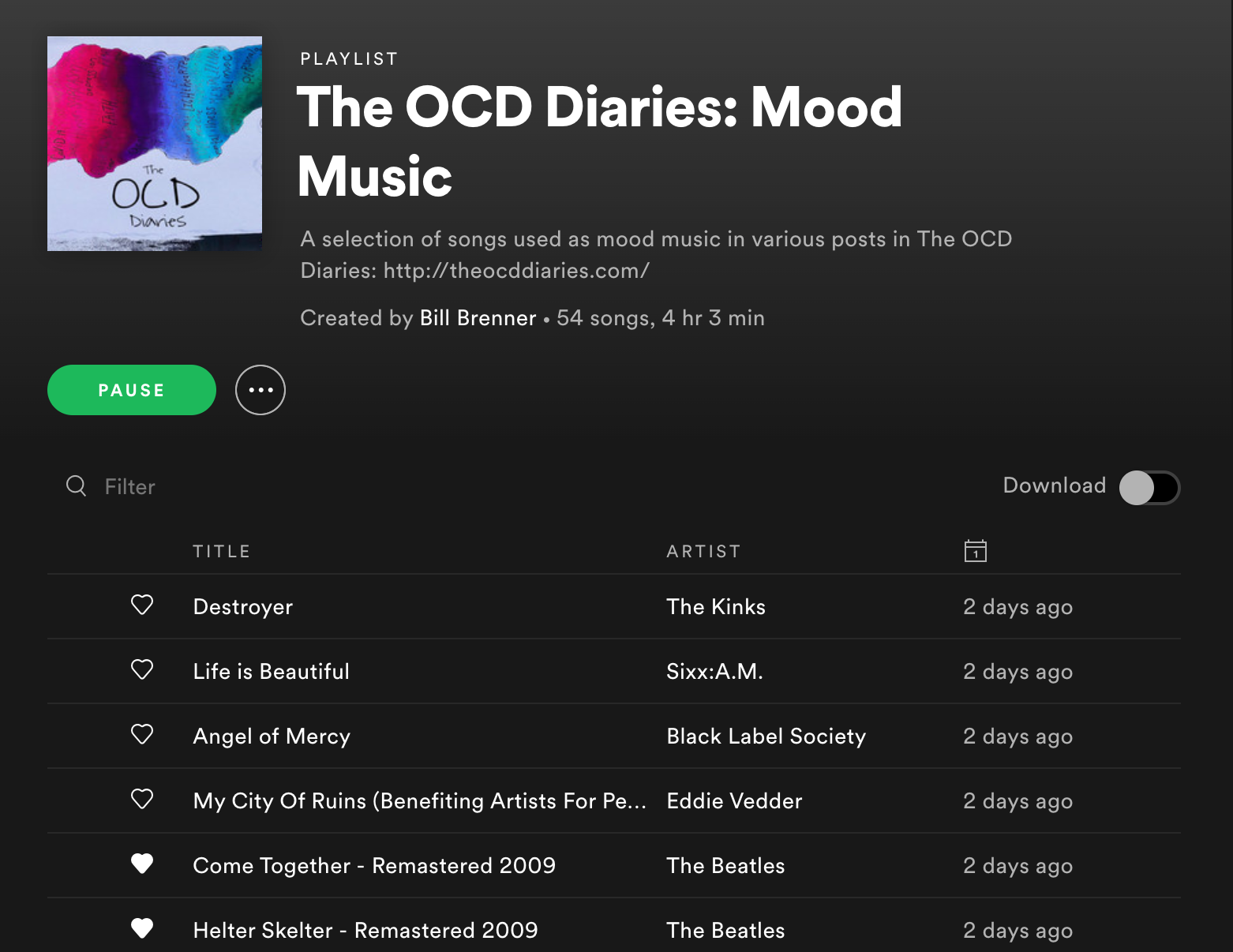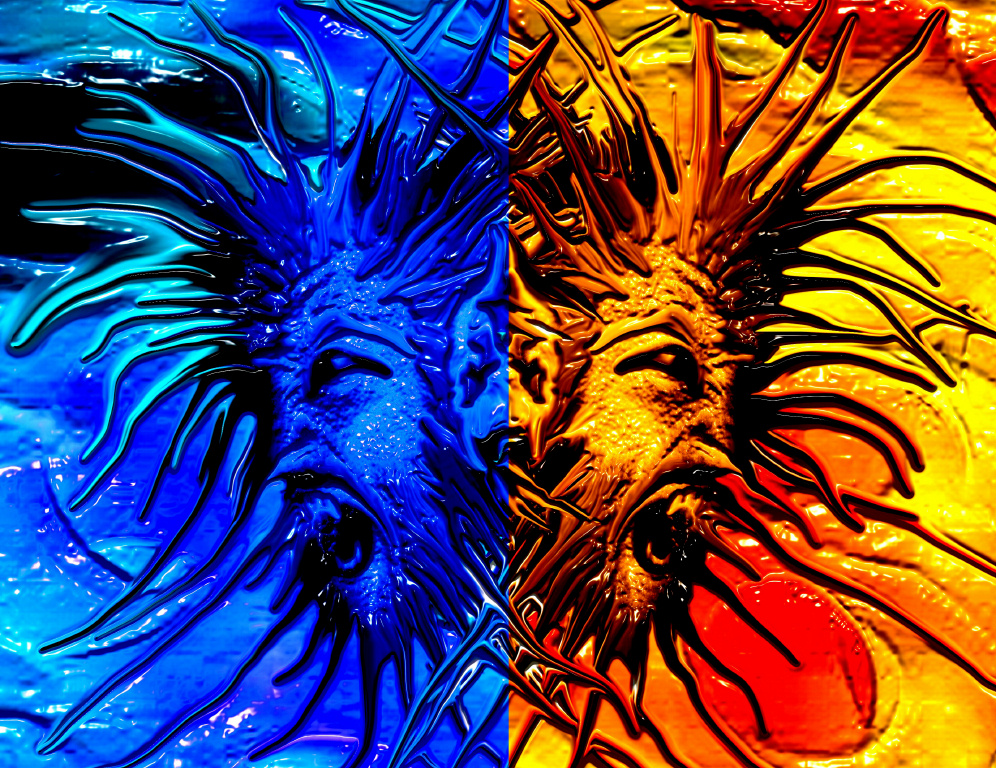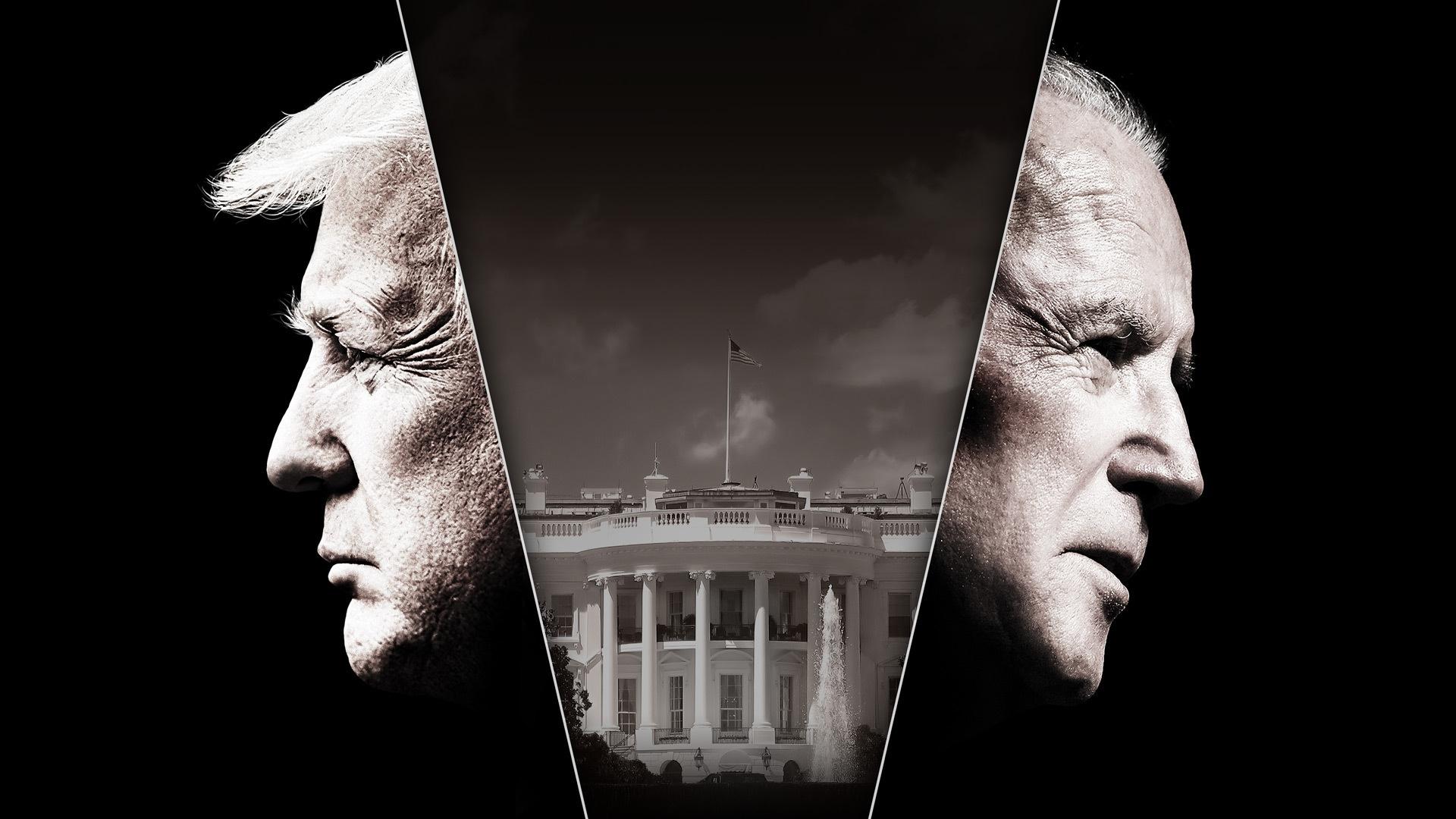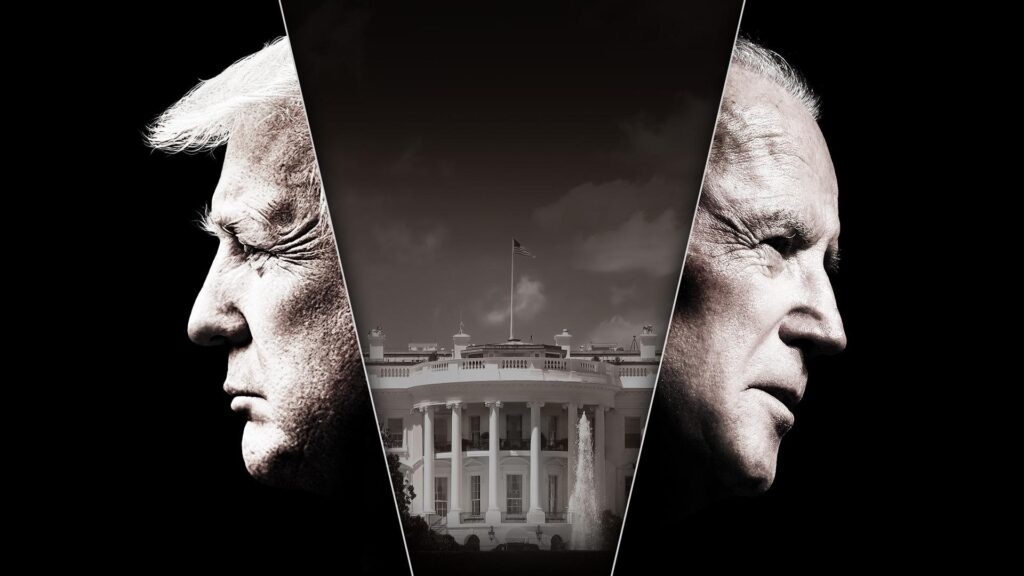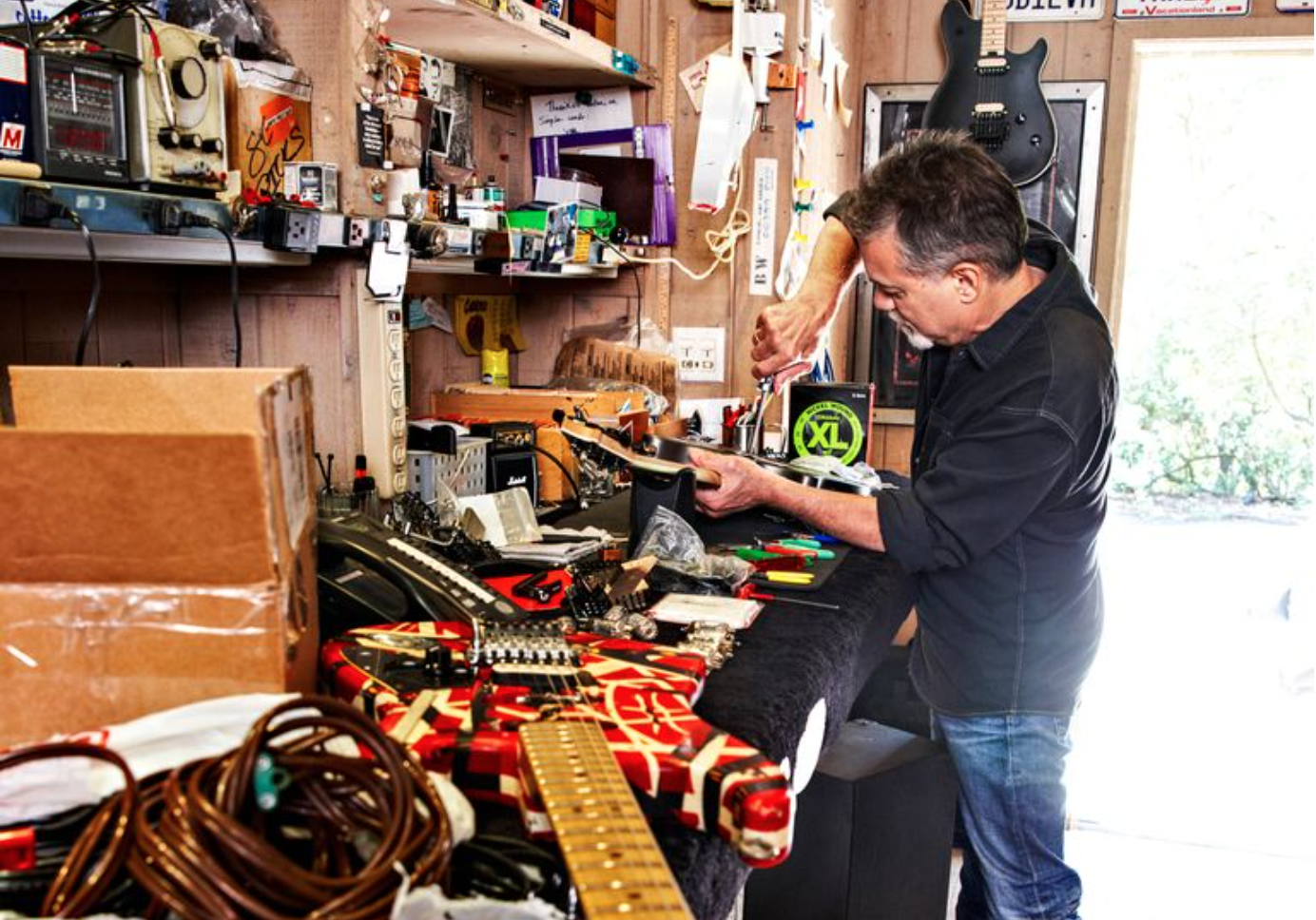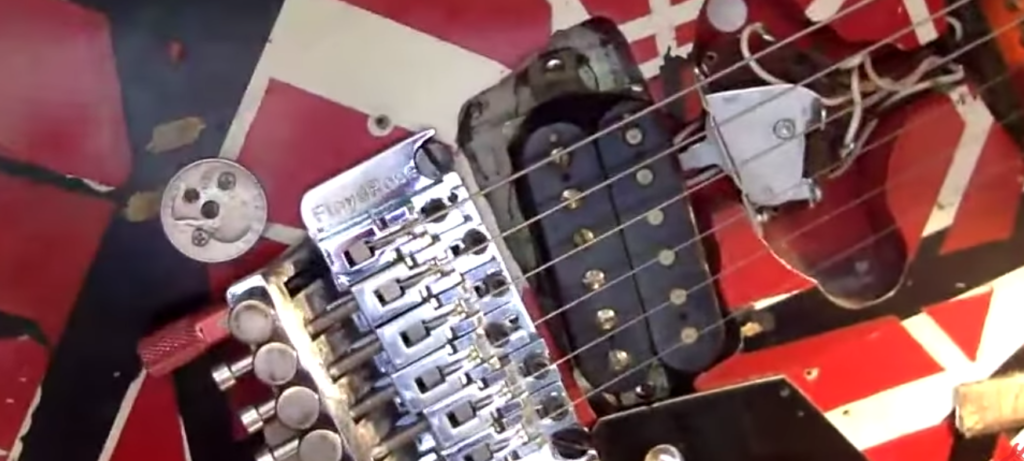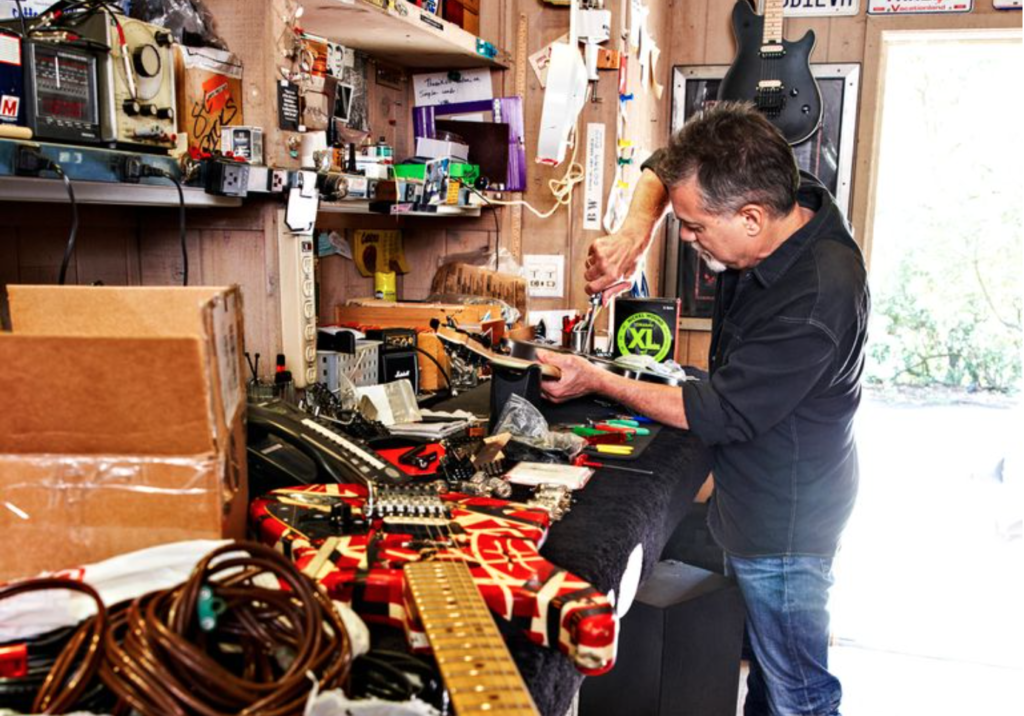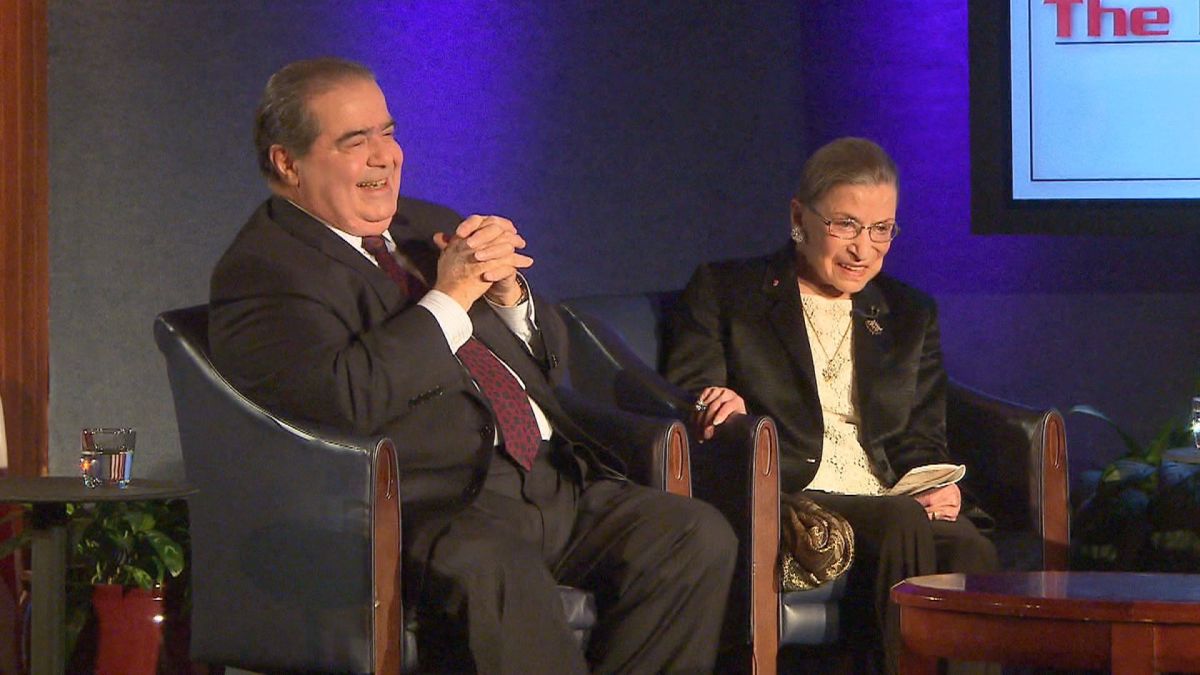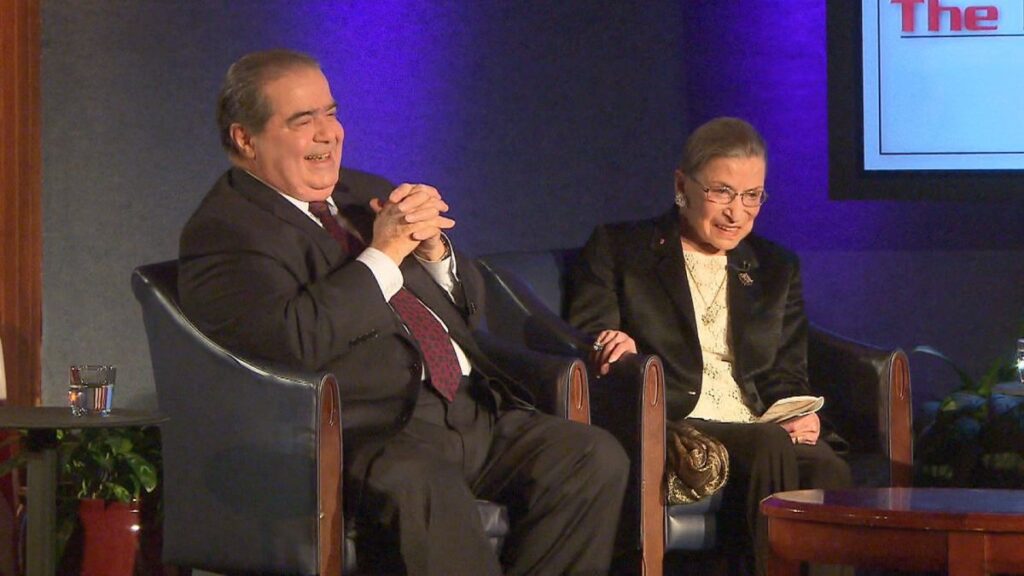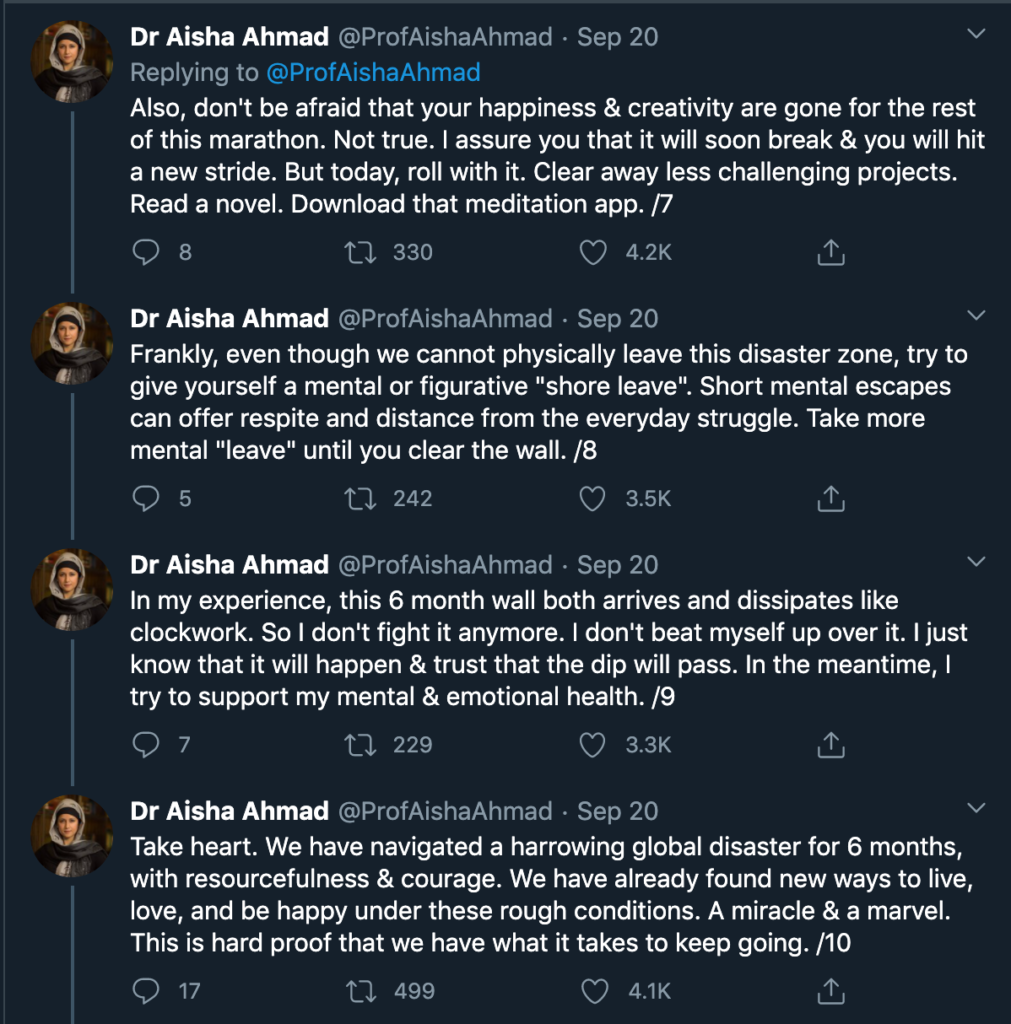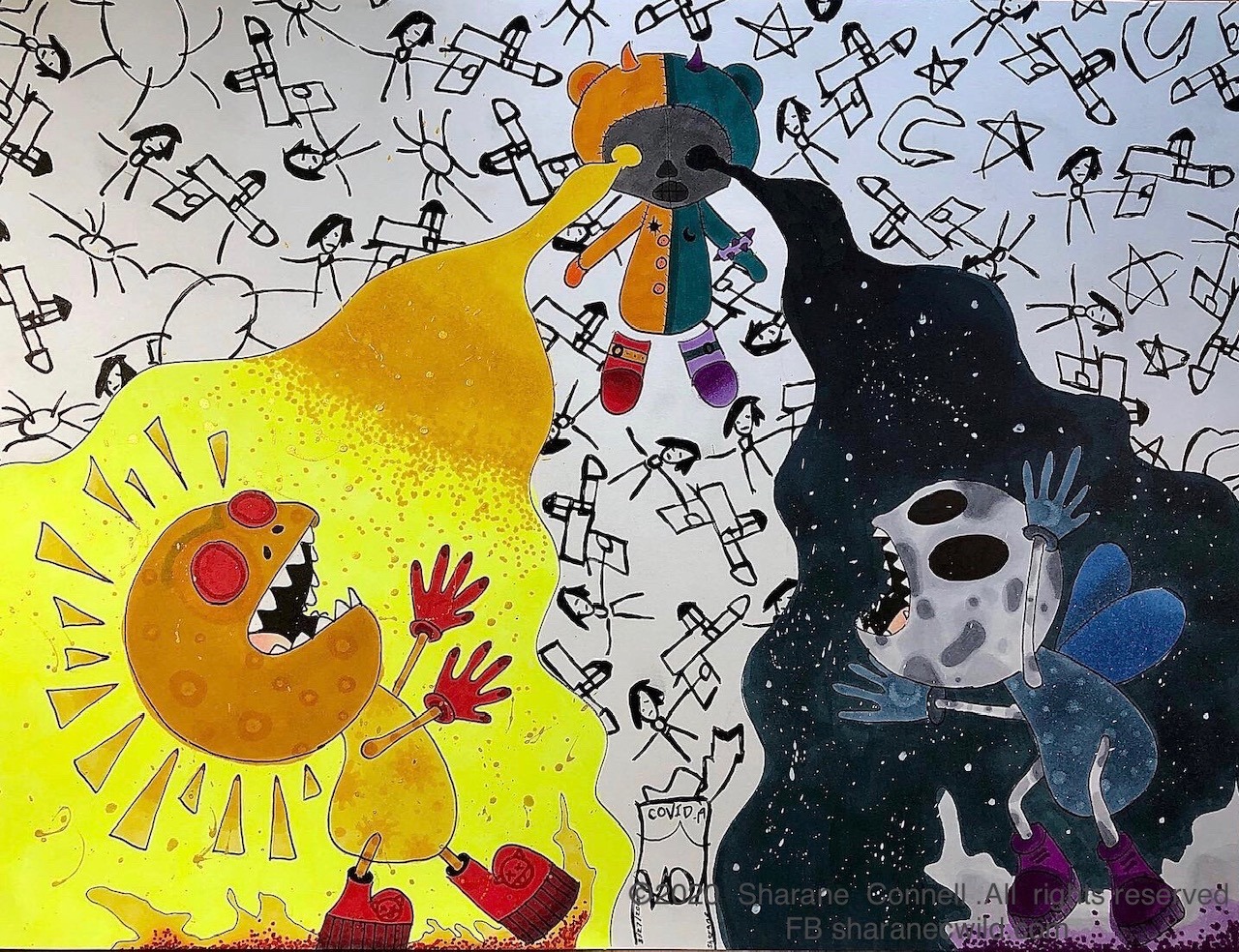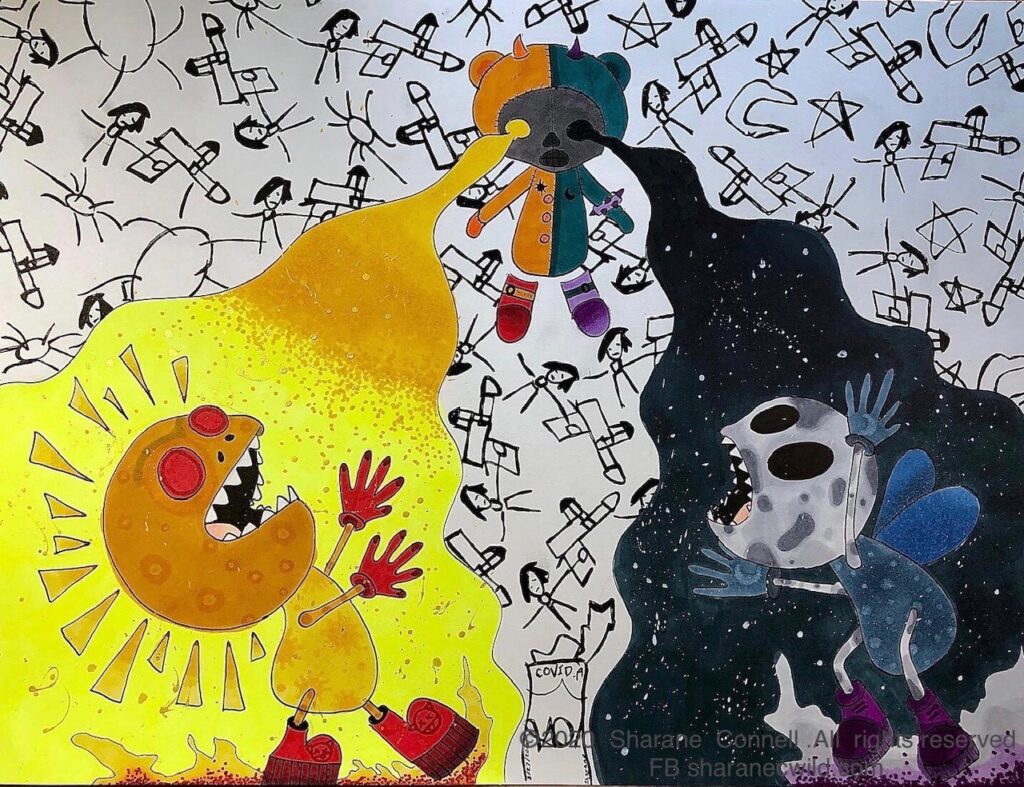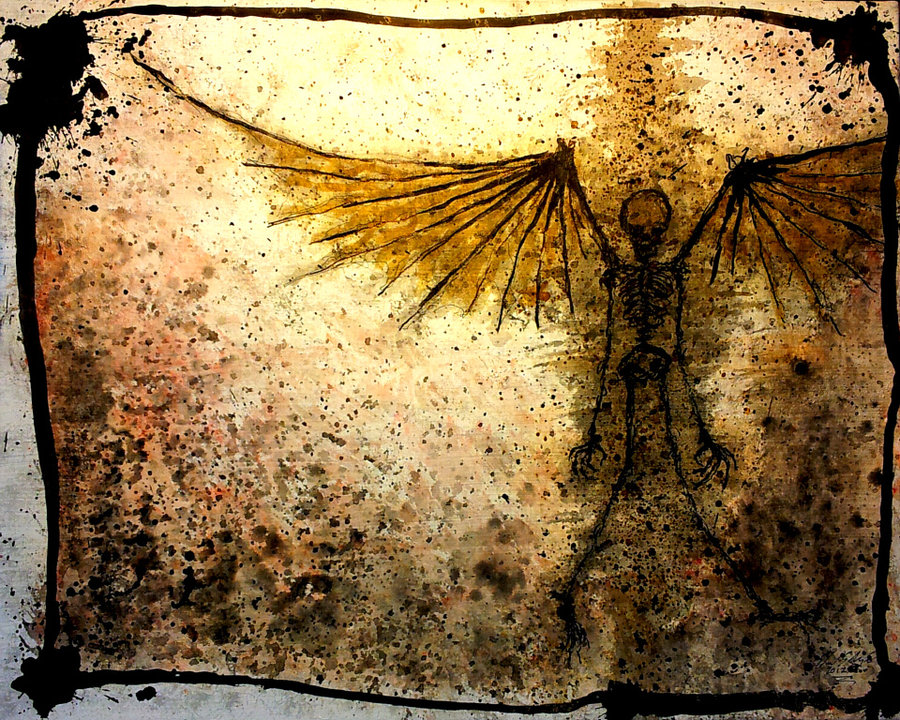I’ve always valued people’s ability to have a healthy exchange of ideas and find common ground on social media. But that’s increasingly difficult to find these days. People increasingly:
- Share memes without checking to see if they are based on truth or misinformation
- Talk past each other rather than to each other
- Slice, dice and distort data points to fit their viewpoint
- Talk down to other people and confuse this as an act of virtue
Mood Music:
People on both the left and right sides of the political spectrum do these things, and this week I’ve begun deleting a lot of them from my friends list. I don’t have time to roll around in the dirt. They’ve grown too toxic — a corrosive agent eating away at the public discourse.
A lot of what I feel these days is captured in Andrew Doyle’s article “The mark of an educated mind” in Standpoint magazine.
The article isn’t perfect. Doyle diminishes the power of his message in spots with a holier-than-thou tone. As my wife, Erin, put it, the “mansplainy, academics-of-the-past-were-better tone is so off-putting, especially for those with little experience with the ivory tower attitude.”
But there’s a lot in there worth unpacking. Here are some of his points, followed by mine:
To be a freethinker has little to do with mastery of rhetoric and everything to do with introspection. It is all very well engaging in a debate in order to refine our persuasive skills, but it is a futile exercise unless we can entertain the possibility that we might be wrong.
Look at most Facebook debates, and you’ll be hard-pressed to find people who admit when they are wrong. They are always right, period.
Too many are seemingly determined to turn difficult arguments into zero-sum games in which to give any ground whatsoever is to automatically surrender it to an opponent.
When one thinks they are always right, they can’t grow as a human being. In my own battle with the demons, I’ve learned this lesson the hard way. Wanting something to be true doesn’t make it so. Insisting on spreading misinformation and not fact-checking oneself contributes to the disease.
The natural human instinct for confirmation bias presents a further problem, one especially prominent among ideologues. Anything can be taken to support one’s position so long as it is perceived through the lens of prejudgment. … Worse still, such an approach often correlates with a distinctly moralistic standpoint. Many of the most abusive individuals on social media cannot recognize their behavior for what it is because they have cast themselves in the role of the virtuous.
This point is especially true in the current COVID-19 pandemic.
Convinced that stay-at-home orders and mask mandates are the lash of the dictator? There are always data sets floating around the internet that you can deconstruct and rebuild to prove your point. I see people do this all the time with state-by-state COVID case numbers. Typically, they point out low death rates to prove that government is lying to us, while ignoring the horror stories coming from multitudes of people who have had the virus and continue to suffer lingering and permanent damage — not to mention nurses and doctors from hospitals in hard-hit areas that have been overrun.
On the other side of the spectrum are those who find data points to shame people for not wanting to wear masks or watch the economy crumble amid lockdowns. Instead of responding with a dialogue about what we should or shouldn’t be doing, about where the masks help and when they don’t, about how we can avoid lockdowns with other measures, it’s another all-or-nothing response. If you don’t want to shut everything down again or if you don’t see the logic in wearing a mask if you’re outside and no one else is around, someone on the left is there to vilify you. You’re selfish and don’t care whether people die.
If we’re ever going to heal our discourse, the treatment begins with two conclusions from Doyle:
- More humility could stem the tide of narcissism and the decline of empathy that has taken root in recent years. In other words, be willing to see when you’re wrong and admit it.
- Schools need to do a lot more to train students in the art of critical thinking. Arguing and calling people names is not critical thinking.
In the words of Edward R. Murrow: “Good night, and good luck.”


